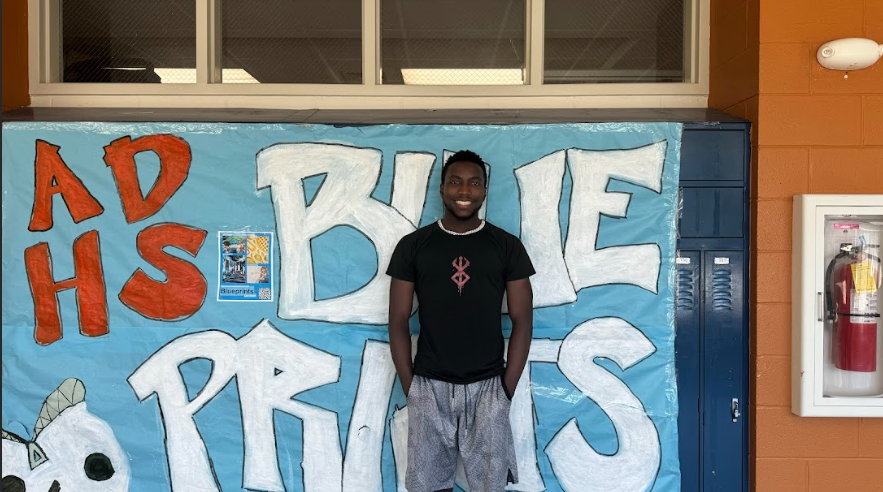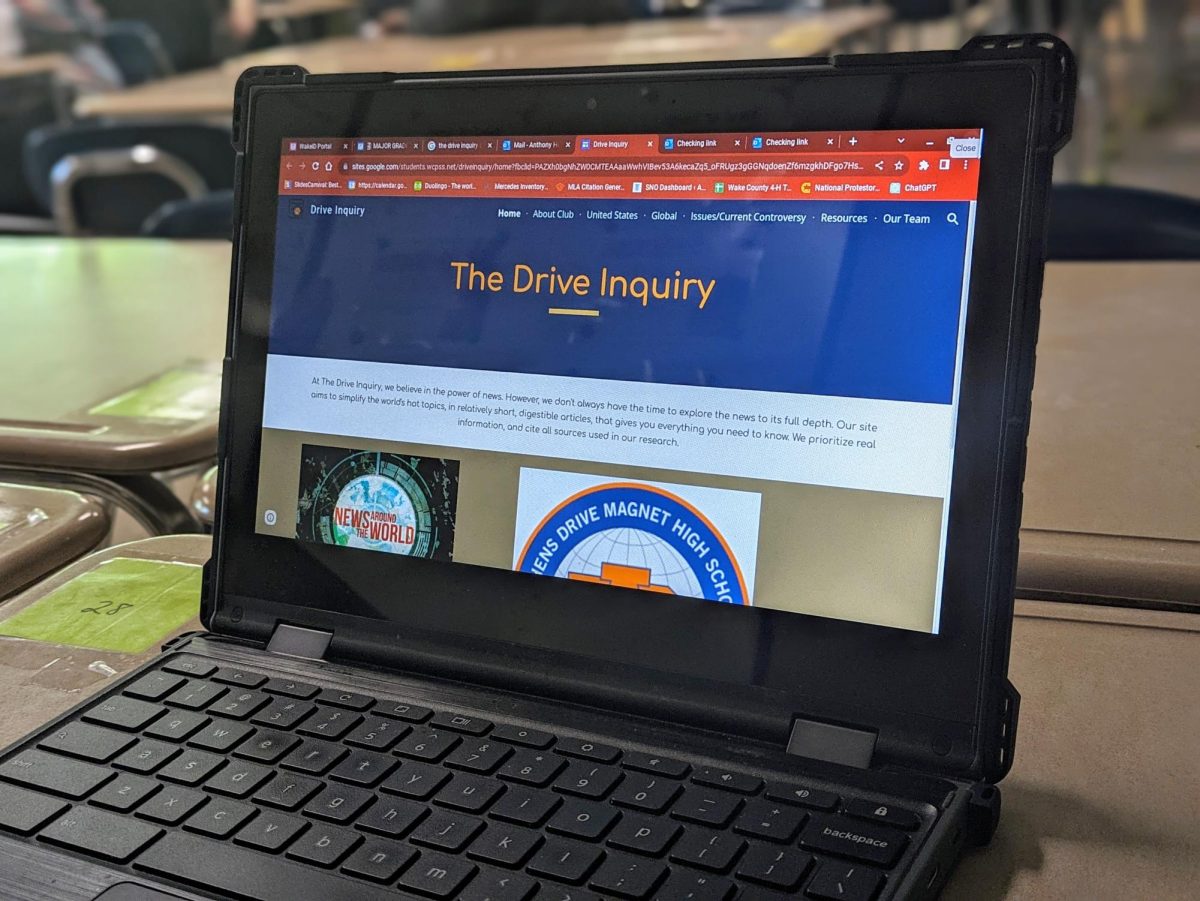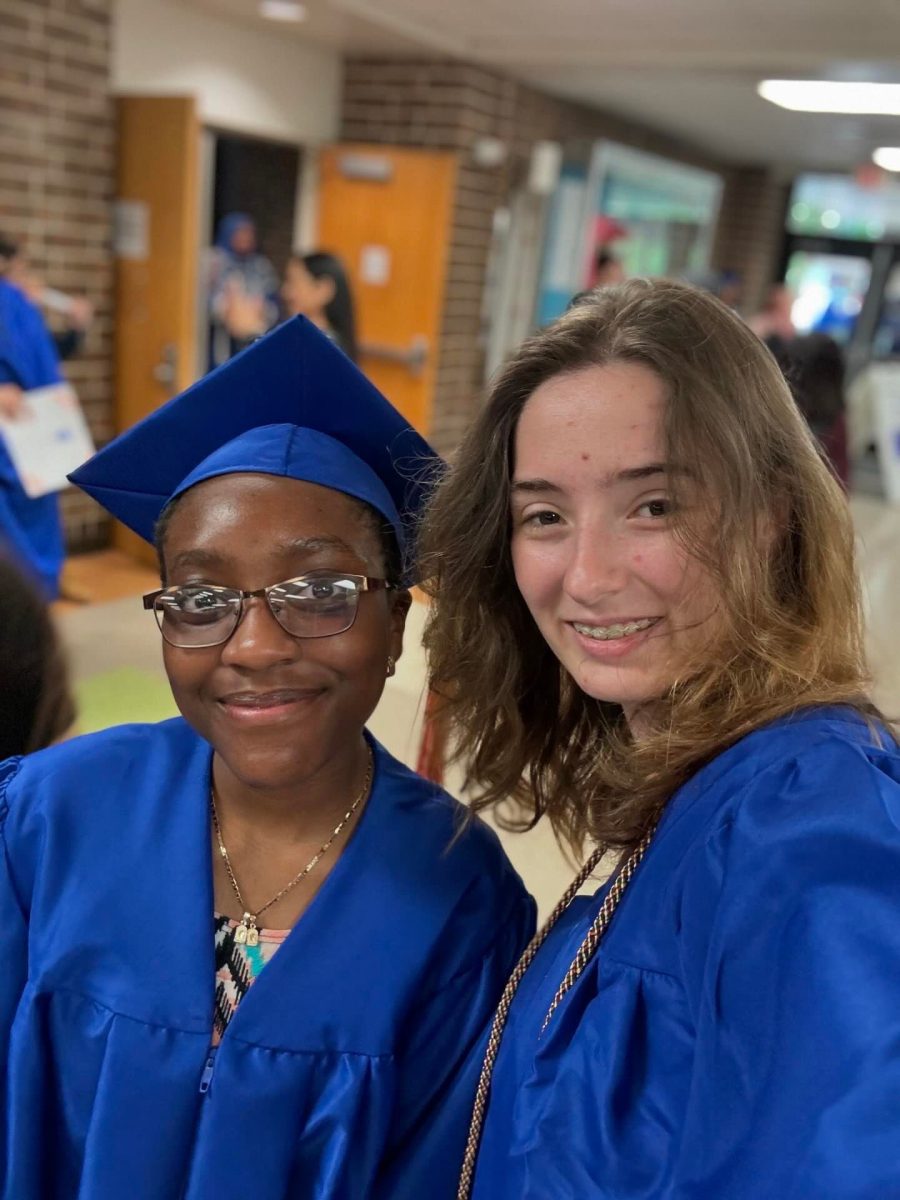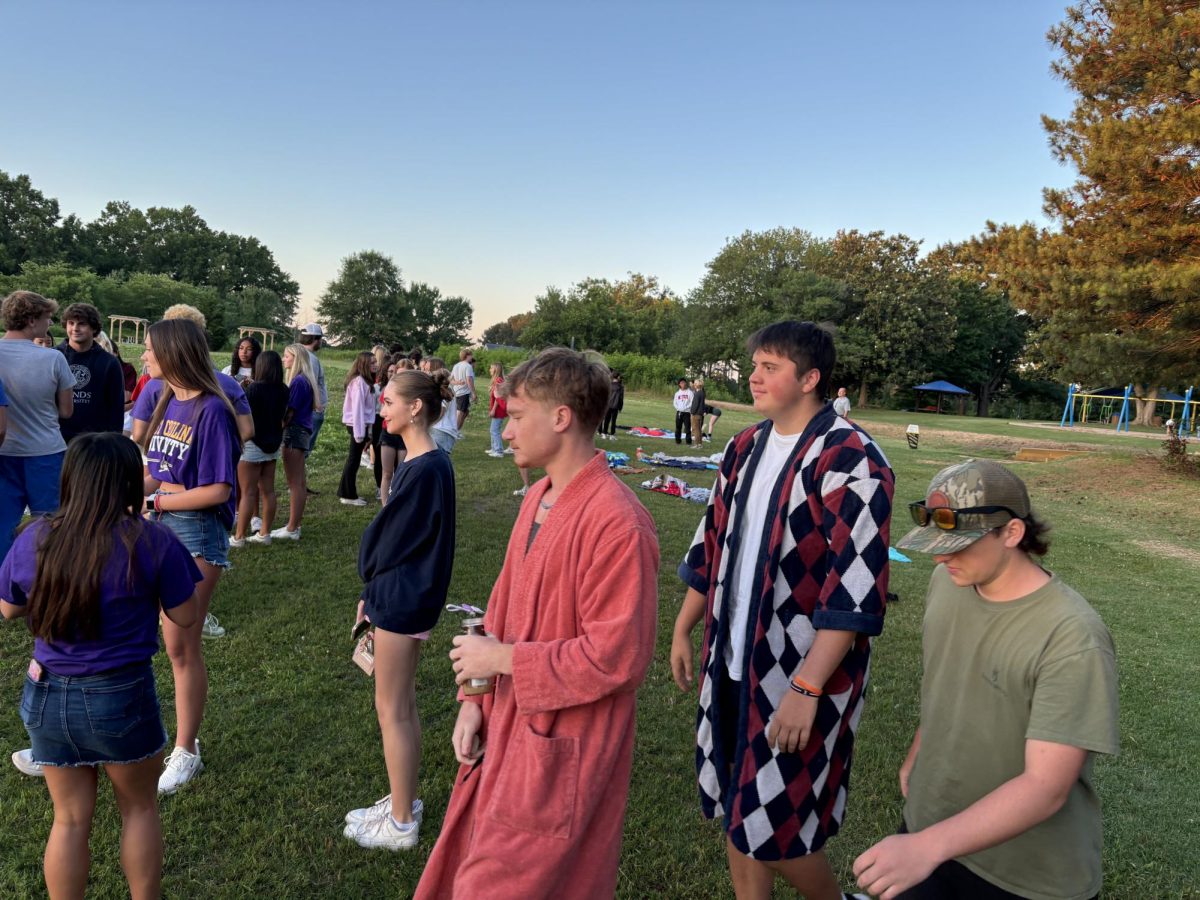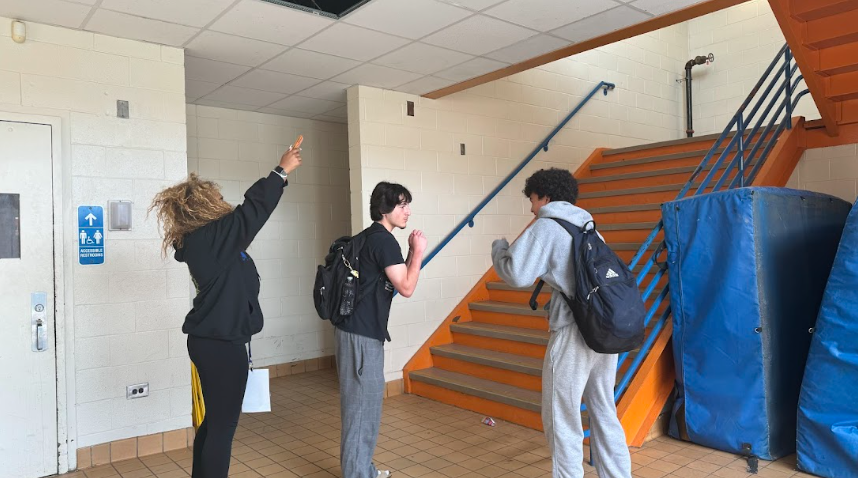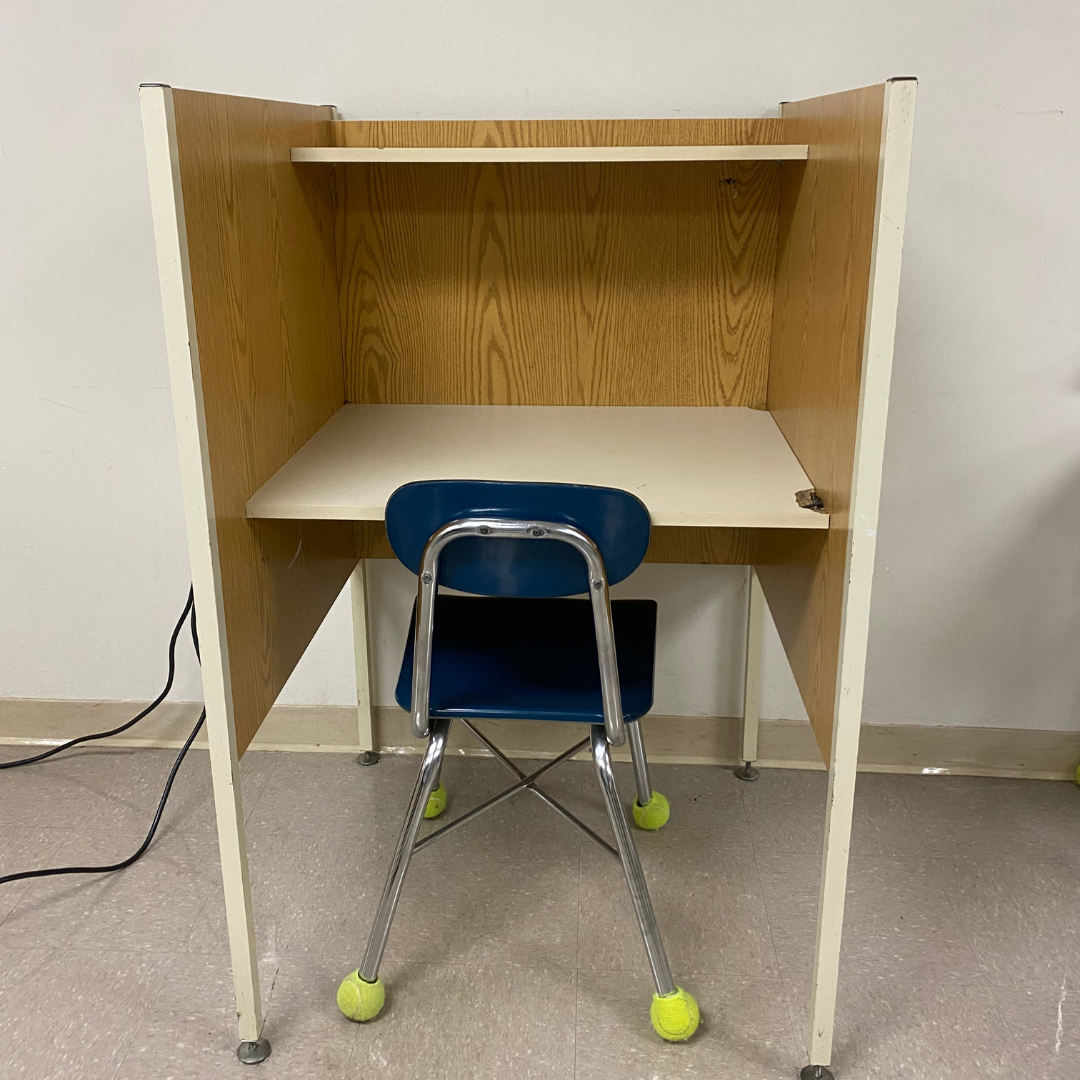As the recent trend of online high schools continues to grow both in the United States and internationally, the new system is proving that, despite increased student interest and known benefits, there are still some negative aspects that need to be recognized in order to form the most successful form of learning possible.
Florida Virtual School is one of the biggest online high schools in the country with over 200,000 American and international students enrolled. It has been a driving force in paving the way for other developing online school programs. While many students are enrolled in only one course, the majority of students at the Florida Virtual School are at the high school level studying full-time.
It is unquestionable that there are many benefits to the growing field of virtual schools. Students who take classes online have more flexibility to work around their own schedules and the freedom to take courses wherever they have an internet connection, whether that be in their own homes, at a library, or even at Starbucks.
Online school is also another option for students who struggle to match the learning pace of traditional public schools, since some kids have trouble keeping up in class while others excel past their peers rapidly. Most online learning programs allow students to customize their learning experiences to their own individual paces and learning styles.
Online schools can also provide a safe environment for students who have faced bullying at their former high schools, or for parents who are concerned about potential dangers in public schools. Students who are able to take classes in their own home or wherever they choose can avoid issues such as fights and transportation accidents that can occur going to and from school.
Along with increased safety, virtual learning can provide extra attention for students who felt that they were overlooked by their teachers in public schools, many of which are forced to cram over 30 students into one classroom and are expected to give equal attention to each one of them. Many students do not get the adequate amount help from their teachers that they need in these learning situations, therefore driving them towards alternative schooling, such as online learning.
However, regardless of the pros to virtual schools, this developing form of learning still has some cons that prove the online system is not yet perfected.
First of all, the isolation of students created from online learning severely limits a teenager’s social exposure. The students who take classes online do not get the opportunities to collaborate with other students or have other important friendships, relationships and interactions with their peers. Not only are they not connecting with other students, but they are not developing as close of a student-teacher relationship. An individual’s adolescent years are crucial to their permanent development, and getting enough social interaction during this time is necessary so that they can continue the same level of interaction at a job or with a family.
Online schools are also known to spend a lot less on teachers salaries than public schools, who operate through state departments, do. Lower spending on staff turns many high-quality teachers away from working for these programs. The special education programs within these online schools take especially big hits, even though almost one in every ten online students has a learning disability. These students, who were looking for an alternative solution to accommodate their disabilities and are in the most need of qualified teachers, are now suffering due to lack of funding towards online special education programs and special-education certified teachers.
With the increase in virtual student populations, more and more comparative studies are being done to determine if the new system is more beneficial than traditional public schools. However, many of these studies have revealed that the test scores within many online schools are significantly lower than those in public schools. Graduation rates are also much lower within these programs, often due to an increased level of responsibility the student must uphold themselves, without as much dependency on their teachers. It is not fair for the students who chose virtual schools, hoping to improve their educational experience, to suffer academically and potentially not graduate, jeopardizing much of their post-high school future due to faults within the online system.
It is difficult to pinpoint an exact yes or no answer as to whether or not online schooling is a good idea. Most likely, the real answer is a combination of both. At this point in the lifetime of virtual schools, they are not ready. As much potential as it has to be successful in the future, there are too many problems with the online system that need to be addressed before virtual schooling becomes such a huge phenomenon. And there will probably never be a time when online schools are the solution for every student, but these programs need to do as much as they can to improve in order to be a successful alternative solution to public schools for any student that needs one.



